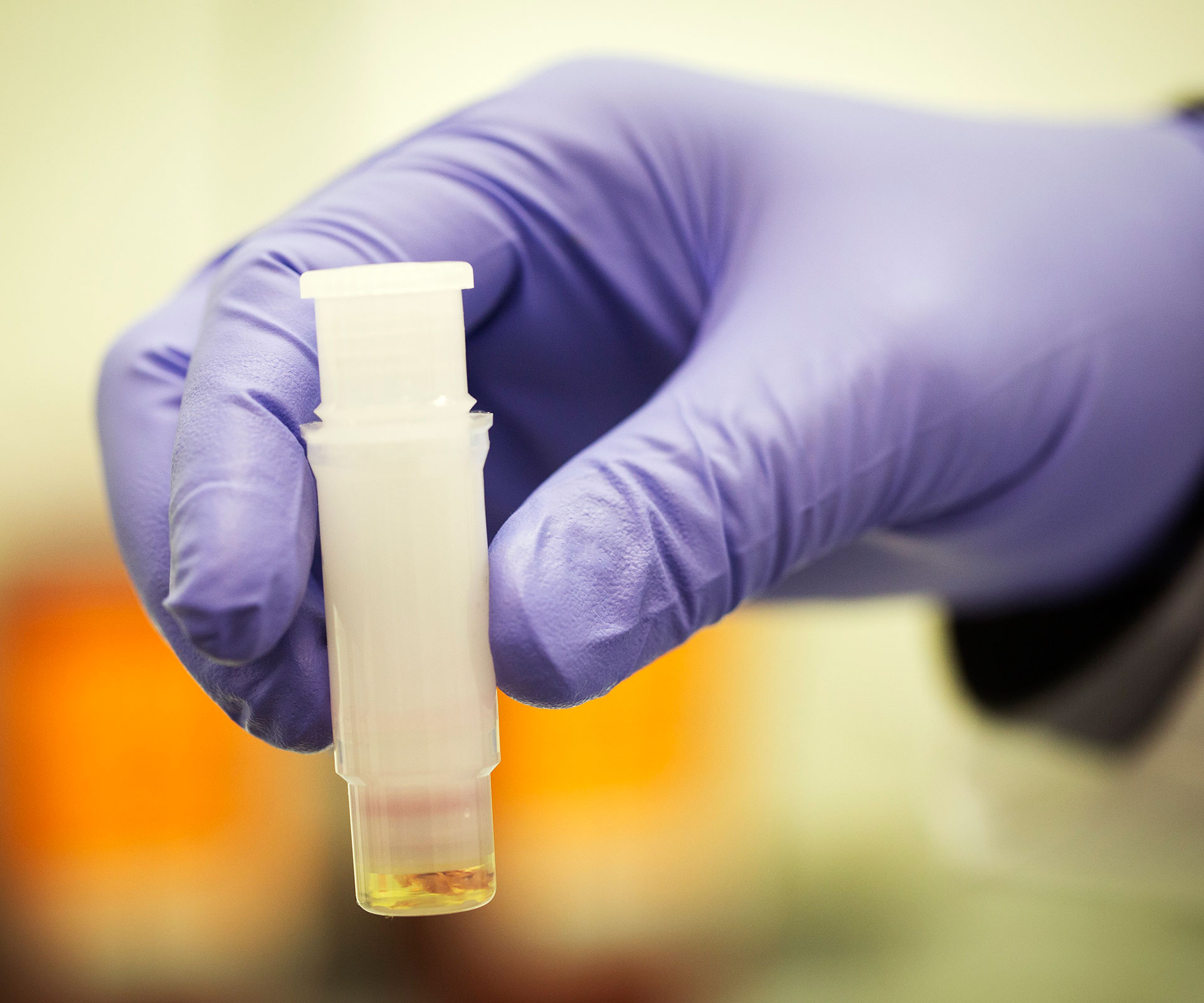A cure for Crohn’s disease – the debilitating inflammatory bowel problem – could be one step closer to being discovered after scientists found a fungus that plays a key role in its development.
Those who suffer with the disease know the effect that the symptoms – weight loss, fatigue, abdominal pain – can have, but doctors have not, up until yet, been able to tell patients why they’ve developed the condition. Many believe that it’s caused by an abnormal response of the immune system to bacteria that we all have in our gut, but it’s only now that that fungus has been identified.
Researchers analysed samples from 20 Crohn’s patients for levels of bacteria and fungi, and compared them to those from 28 healthy volunteers. Crohn’s sufferers had “strong fungal-bacterial interactions”, said researchers; specifically the bacteria Serratia marcescens and the fungus Candida tropicalis and E.coli.
The study’s senior author, Mahmoud A. Gannoum, professor and director of the Centre for Medical Mycology at Case Western Reserve and University Hospitals Cleveland Medical Centre, said: “Among hundreds of bacterial and fungal species inhabiting the intestines, it is telling that the three we identified were so highly correlated in Crohn’s patients.”
The discovery is the first to ever link a fungus to Crohn’s disease, and it’s one that could open the door to new therapies, such as different medications and probiotics. According to Crohn’s and Colitis Australia, 75,000 Australians currently live with the condition, with numbers expected to increase to 100,000 by 2022.


